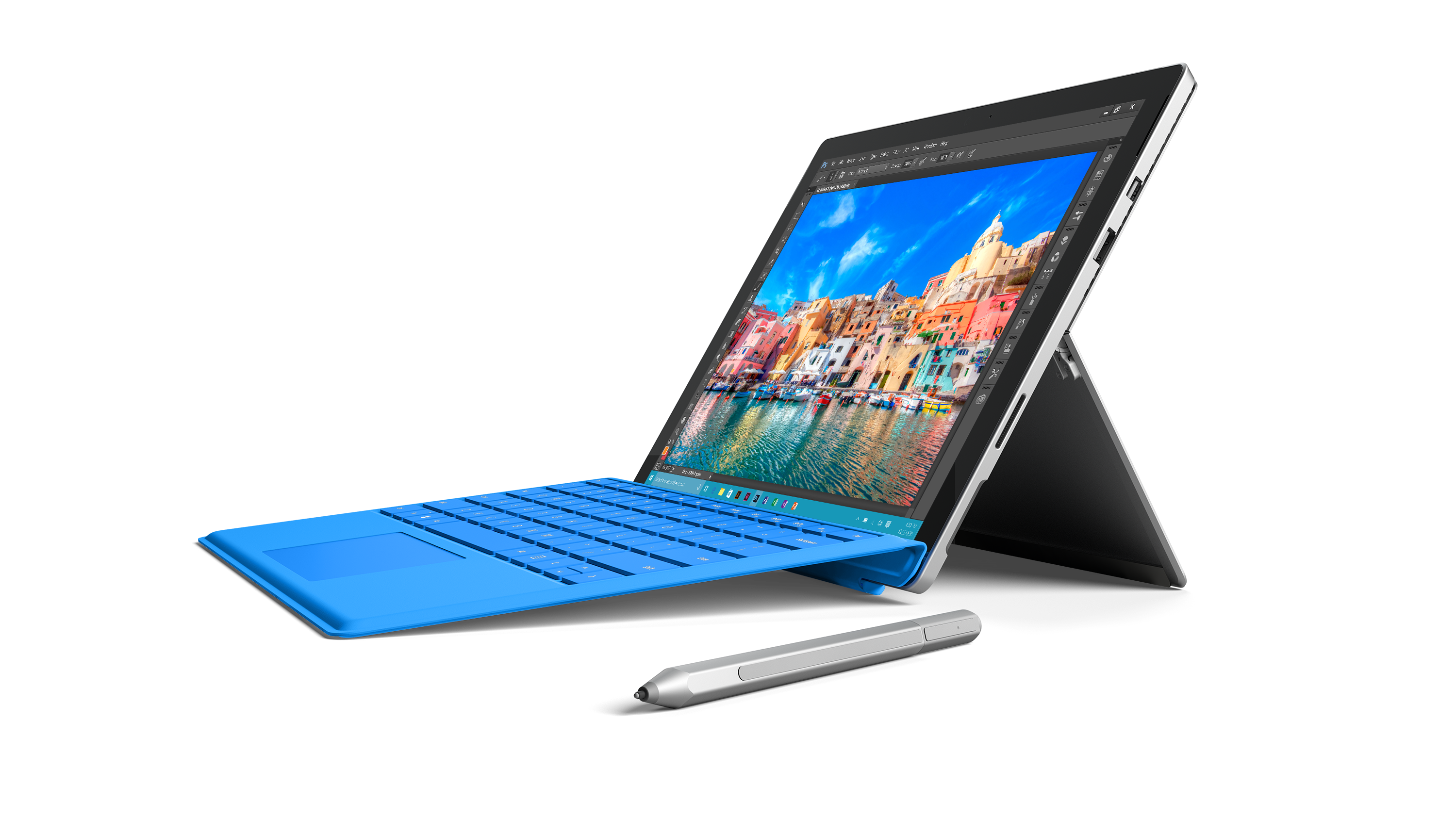
Microsoft introduces Surface Membership Plans
The first Surface tablets struggled to find an audience -- to put it politely -- but with Surface Pro 3 (and then Surface Pro 4) Microsoft finally got things right.
The company wants its range of slates to be a viable alternative to iPads for businesses and so has quietly introduced a membership plan that will allow firms to get the latest Surface devices, upgrade when available, and pay for things monthly.

Debunking seven fundamental cyber-security myths
If we look at the world of cyber security through the eyes of the media, it’s a pretty frightening view. We hear story after story of security breaches hitting major companies and the next data leaks that follows affecting thousands of people. It’s enough to fill any business with trepidation.
With cyber security such a big talking point, we tend to see a lot of information floating around -- some of which is not in the least bit true. If a company wants to enhance its IT security it is imperative to be able to separate facts from fiction.

New service helps small businesses sync and share files
Enterprises of all sizes have become increasingly reliant on file syncing and sharing services. But for smaller companies business focused services can be expensive, leaving them reliant on free consumer services that offer limited space and functions.
Backup and storage specialist Datto is launching a new inexpensive yet powerful file sync and share (FSS) service leveraging the low cost basis of the company's 200 petabyte (PB) private cloud, coupled with a global license agreement with ownCloud, an established open-source leader in the FSS industry.

Angel investors prefer science and technology startups
It's easy to assume that investors are only interested in making money and adopt a follow-the-leader approach to getting the best returns.
However, a new report from online startup investment platform Propel(x) shows that the top reasons for investing are: the management team, cited by 75 percent, ability to understand the technology (52 percent), and the potential return on investment (42 percent).

Business Intelligence: Reshaping the face of the contact center
By now, it’s no secret that business intelligence (BI) software is becoming a widely adopted tool among various industries. The use of BI makes it possible for organizations to gain valuable insight into what areas of the business are thriving and others that might be in need of improvements.
The scenarios where we are starting to see BI becoming most effective are when executives leverage these insights and turn them into actionable data.

Downtime costs more than ransomware
You might think that having to pay for files locked by ransomware is costly, but it’s the downtime that actually hurts a business more.
Those are the results of a new survey conducted by cloud IT services company Intermedia. The survey, entitled 2016 Crypto-Ransomware Report, polled nearly 300 expert IT consultants about the current trends in malware.
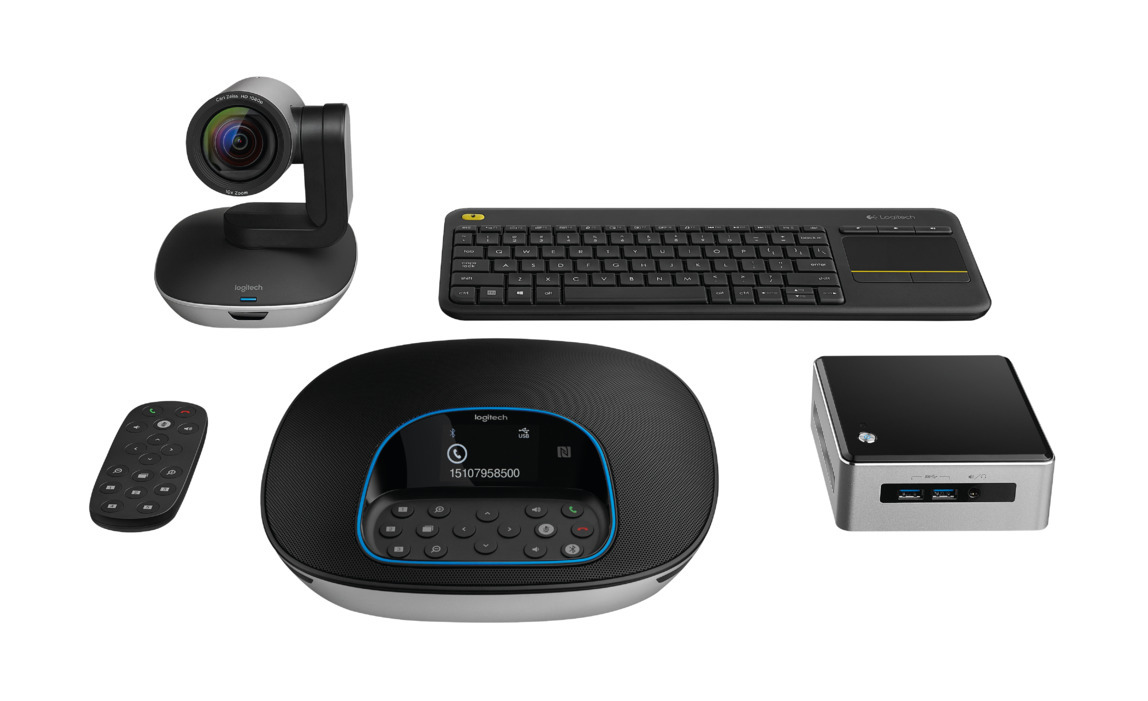
Logitech announces Intel NUC-powered 'ConferenceCam Kit' video conferencing bundle
In the year 2016, you would think videoconferencing would be very prevalent in business offices. Unfortunately, many solutions are expensive and confusing -- audio-based conference calls are still quite popular. In order for video conferencing to truly take off, it must be both easy to setup and use.
Today, Logitech announces the ConferenceCam Kit -- a video conferencing bundle powered by the powerful, and diminutive, Intel NUC. Will it prove popular with businesses?
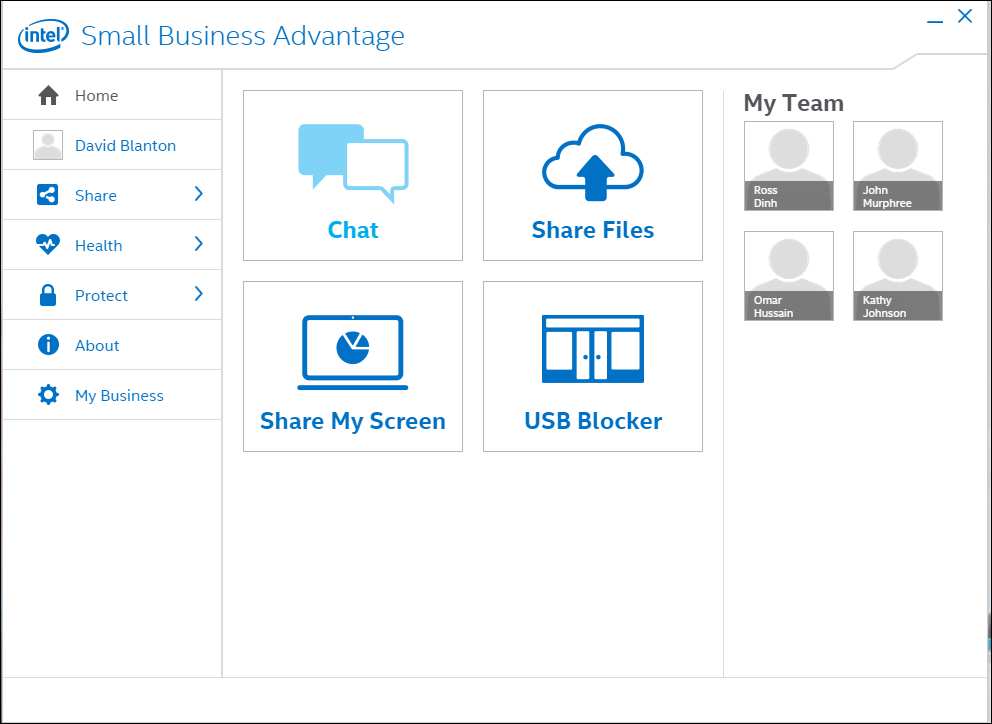
Intel aims to make life easier for small businesses
Small businesses make up around 17 percent of the total PC market, yet often they don’t have dedicated resources to manage their systems.
Chip maker Intel has spotted an opportunity here and is launching its Small Business Advantage program, offering a blend of systems management and business collaboration.

Microsoft starts a renewed Windows 10 push aimed at businesses
Microsoft has been quick to brag about the adoption rate of Windows 10, proudly crowing every time another few million devices make the upgrade. We're currently sitting at around the 200 million mark (apparently), but the bulk of this number is made up of home users. Now Microsoft wants to encourage more businesses to make the jump from Windows 7 and Windows 8.1.
The next leg of the company's aggressive Windows 10 campaign is aimed squarely at SMBs who can now expect to be pestered by the "Get Windows 10" app in the same way as non-business users have for the last six months. Aware that taking the upgrade process out of the hands of IT admins might not go down too well, Microsoft is providing a way to opt out of these notifications.
Facebook's Page plugin ventures into CRM territory with new Events and Messages options
Facebook has done an excellent job of becoming the social network, connecting people all over the world. More recently, it has tapped into business markets by providing companies with a quick, easy, and -- importantly -- free way to create an online presence. Now, with an update to its Page plugin, Facebook is making it easier for businesses to connect and communicate with customers.
The update makes it possible to better integrate Facebook with an existing website. Companies can easily add the ability to send a message via their website, and the communication will appear on Facebook on the Messages tab. The update also makes it easier to share news about upcoming events, keeping all-important customer engagement going.

Disaster 411: Is your business prepared to fight back?
On the heels of September’s National Preparedness Month, an effort sponsored by the U.S. Federal Emergency Management Agency (FEMA), Americans are being encouraged to take extra precautions to safeguard their homes, businesses, schools, and communities against disaster -- long before disaster strikes!
According to The National Federation of Independent Business, nearly one-third of small businesses will experience a natural disaster. Even more striking, 25 percent of businesses do not re-open after a natural disaster, and 43 percent do not re-open after catastrophic data loss, according to FEMA.

The expectations of instant service: Uber-important
We live in the "instant service" era, ushered in by constantly changing on-demand technologies. Businesses, across verticals, that are technologically nimble and harness the power of "instant" are among the success stories. Uber, Instacart (instant groceries) and Drizly (instant alcohol) are examples of companies that swooped in with instant service models, and now it’s a consumer expectation. CEOs and startups that aren’t figuring out a way to incorporate "instant" into business strategies -- whether it’s the core of the model, or a design principle for building out product features or communication with customers -- won’t remain competitive. Investors are keener than ever to it, and the money doesn’t lie -- instant service is what comes to mind when perusing the largest startup funding rounds of the last two years.
But, entrepreneurs and startups need to differentiate between the hype and real business opportunities in the tech landscape to establish lasting power. It takes a combination of flexibility, on-demand service, convenience and transparency to catch fire with an audience after instant gratification -- and to catch the eye of investors.
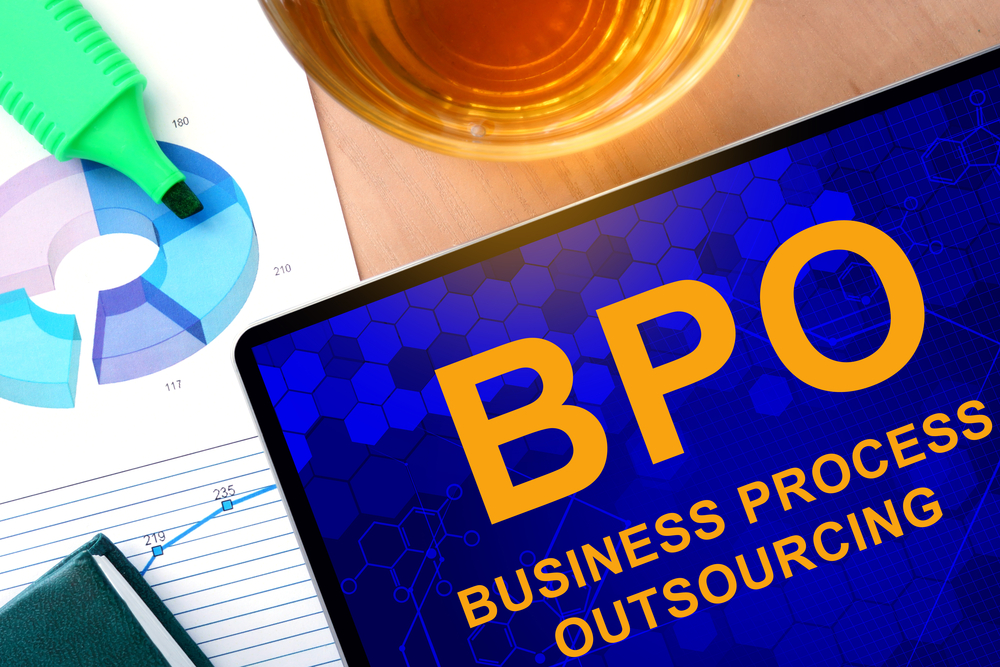
How business process outsourcing is evolving to a tech-enabled model driven by robotics [Q&A]
Service-based businesses, like those in healthcare, insurance, commercial real estate and financial services, among others, need to focus on growth and delivering quality customer service. However, back-end financial processes -- from billing and collections to vendor selection and accounting -- are also critical to business health. Firms face challenges in handling these tasks in an efficient, profitable manner. Too often, firms drain internal resources handling activity that doesn’t generate revenue (and in which they don’t specialize). The Business Process Outsourcing (BPO) market combines domain expertise in various fields with the resources and technology capabilities to assess and improve processes.
Xchanging is a business technology and services provider which focuses on delivering technology-enabled process services across finance and accounting, CRM and customer administration, and analytics. I spoke with Sean Allen, Xchanging's Vice President for Business Process Services, about how the BPO market is changing, and the new technology-based elements that are beginning to be incorporated.
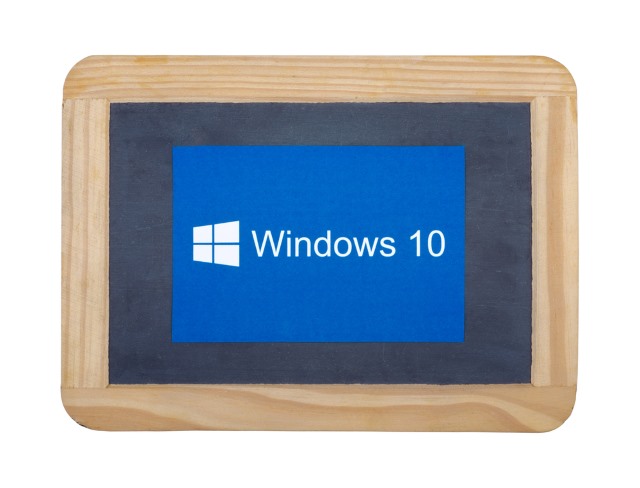
Businesses are switching to Windows 10 far faster than Windows 8
There have been lots of claims made about the adoption rate for Windows 10 with the most recent batch of figures from Microsoft stating 110 million installations. But how does this number actually break down? New research by Spiceworks reveals that the latest version of Microsoft's operating system is making greater headway in the business environment than Windows 8 did.
Asked before launch whether they would upgrade to Windows 10, Spiceworks found that 40 percent of businesses intended to upgrade within a year. Three months after the launch the number of businesses that have actually made the jump is 11 percent -- a penetration rate 20 percent higher than Windows 8 achieved on launch.

SMBs in the cloud -- managed services or in-house IT?
The cloud has become a truly winning innovation for companies of all sizes, causing a significant upturn within the IT sector and business as a whole. Previously, companies went to great lengths to scale their own in-house IT infrastructure, as it was seen as a great benefit to run the business through technology maintained on-site. Now however, there is a push toward an online service delivery model, leaving organizations wondering which setup is best for them.
In many aspects, small and medium-sized businesses (SMBs) stand to benefit the most from cloud-based technologies. Dealing with limited budget, it has not always been easy to for small companies to take advantage of information technology -- the purchase, upkeep, and eventual replacement of hardware is extremely expensive, not to mention the salaries paid to the IT professionals that maintain it. Fortune 500 companies can afford this type of capital costs, whereas SMBs could have travel outlaying that much cash.
